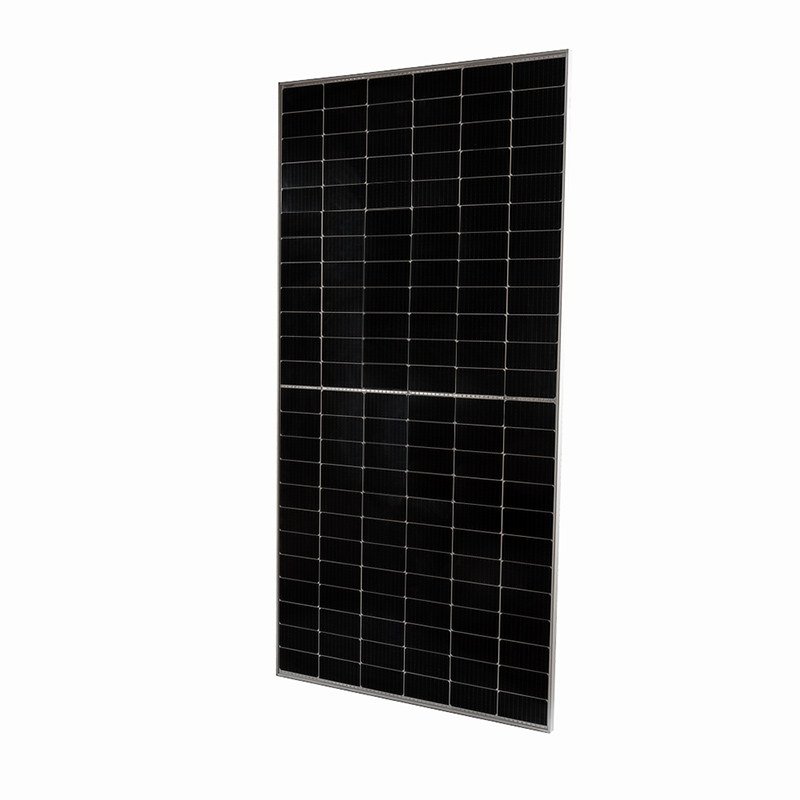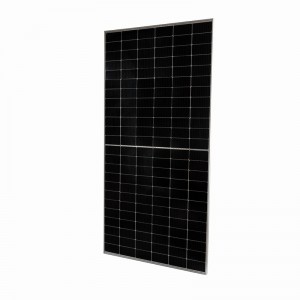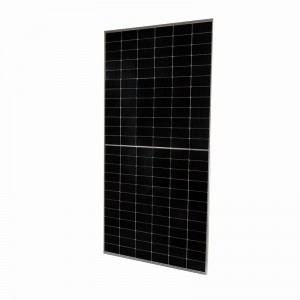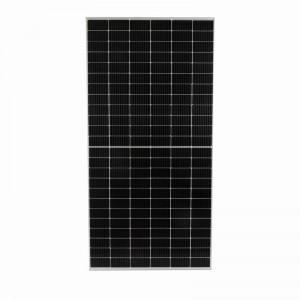700W Solar Panels for Solar Energy System
700W Solar Panels for Solar Energy System
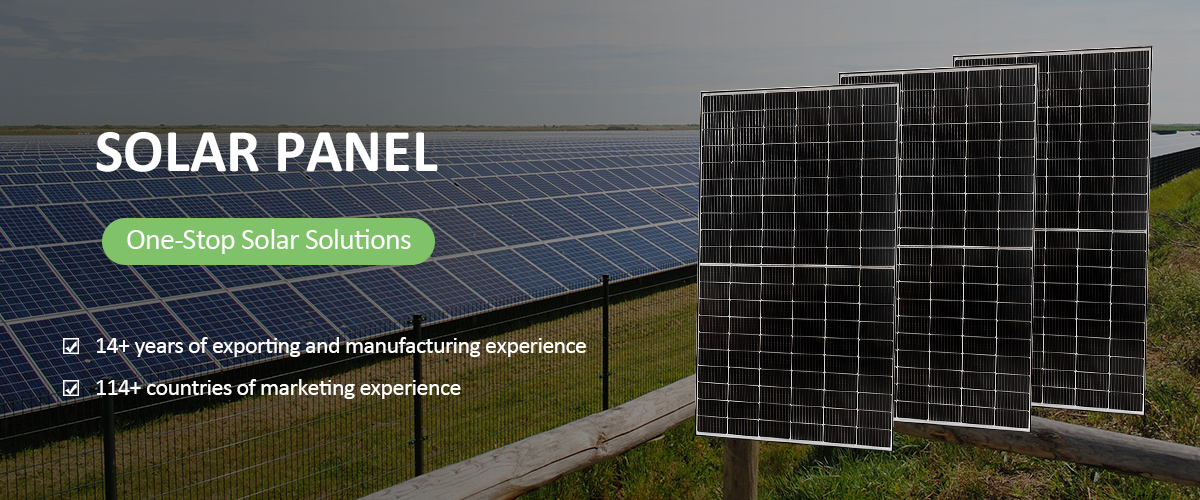
A solar panel is a device used to convert sunlight into electrical energy. A typical solar panel consists of two half cells, each with its own specific function.
The first half-cell of a solar panel is the photovoltaic cell, which is responsible for generating electrical energy. This half-cell is made up of a thin layer of semiconductor material (typically silicon), which is sandwiched between two layers of conductive material. When sunlight hits the semiconductor layer, it knocks electrons loose, creating a flow of electrical current through the conductive layers.
The second half-cell of a solar panel is the back sheet or bottom layer, which is responsible for protecting the photovoltaic cell from environmental factors such as moisture, dust and debris. It also serves as a substrate to which the photovoltaic cell is attached.
These two half cells work in tandem to generate the electrical energy that powers the solar panel. When sunlight hits the photovoltaic cell, it generates an electrical current which flows through the conductive layers and into an inverter. The inverter then converts the direct current (DC) power generated by the solar panel into alternating current (AC) power, which can be used to power buildings, homes, and other electrical devices.

Superior Warranty
15-year product warranty
30-year linear power output

Popular Component Model: 700W
|
SPECIFICATIONS |
|
| Cell | PERC |
| Cable Cross Section Size | 4mm2, 300mm |
| No. of cells | 132(2x(6x11)) |
| Junction Box | IP68, 3 diodes |
| Connector | 1500V, MC4 |
| Packaging Configuration | 31 Per Pallet |
| Container | 558pcs /40' HQ |
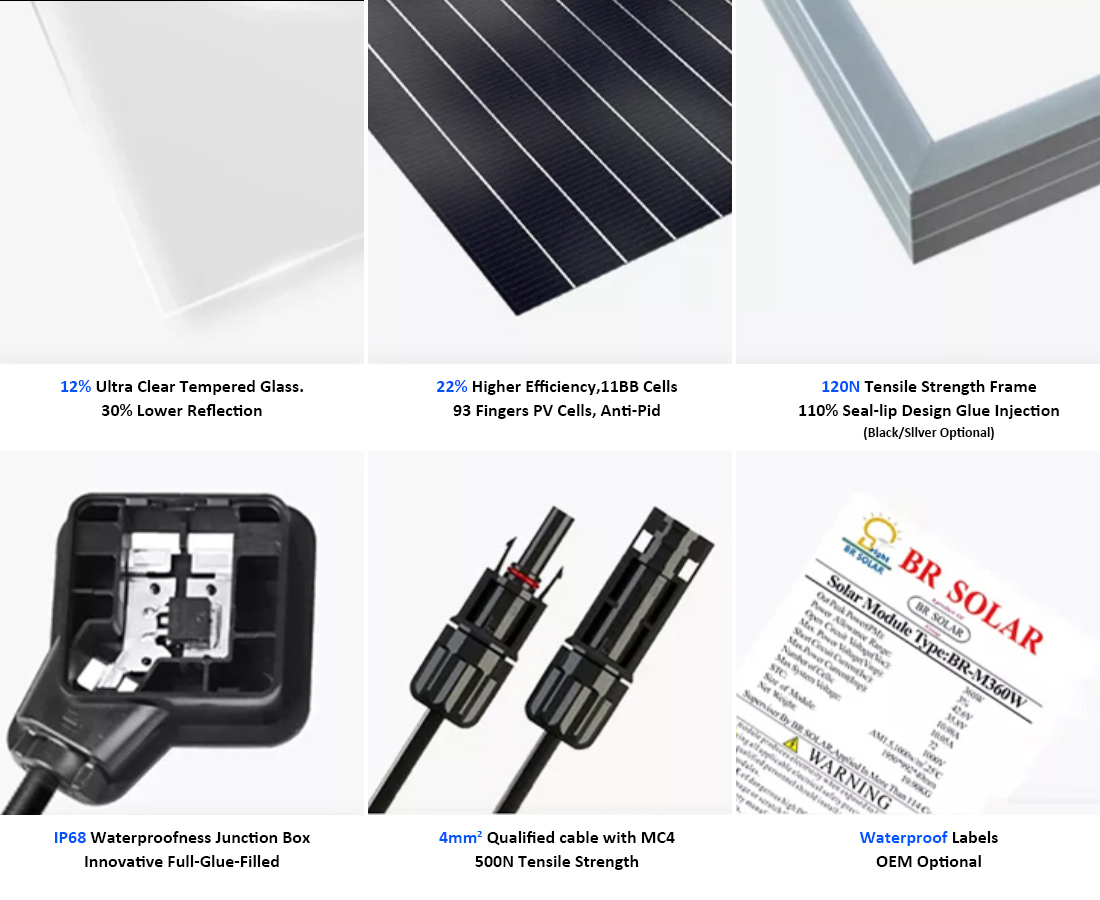
Producing Steps
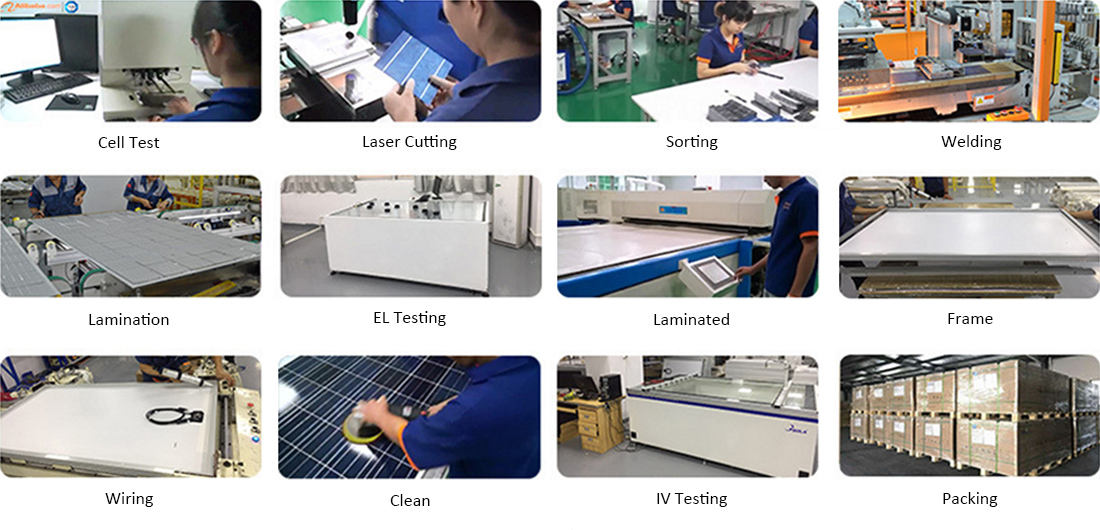
Pictures of Solar Panel Factory
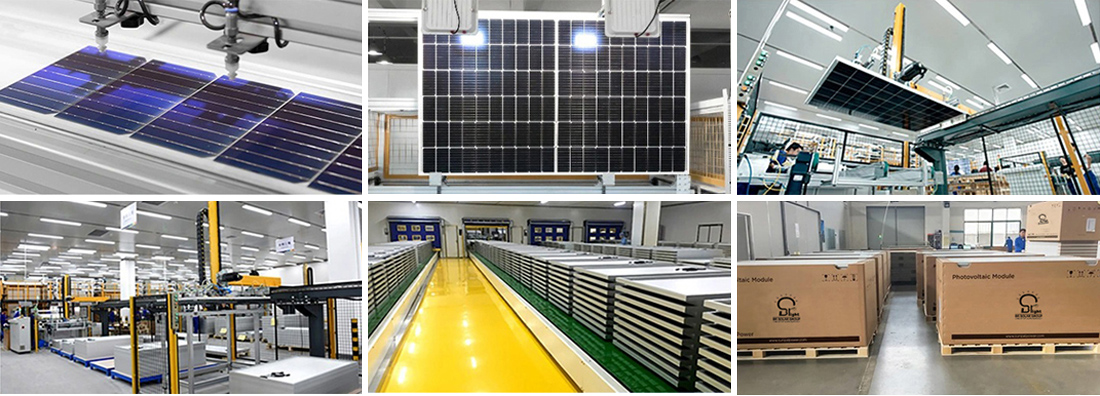
Well, if you need, please feel free to contact us!
Attn: Mr Frank Liang Mob./WhatsApp/Wechat:+86-13937319271 Mail: [email protected]
Pictures of Solar Panel Projects
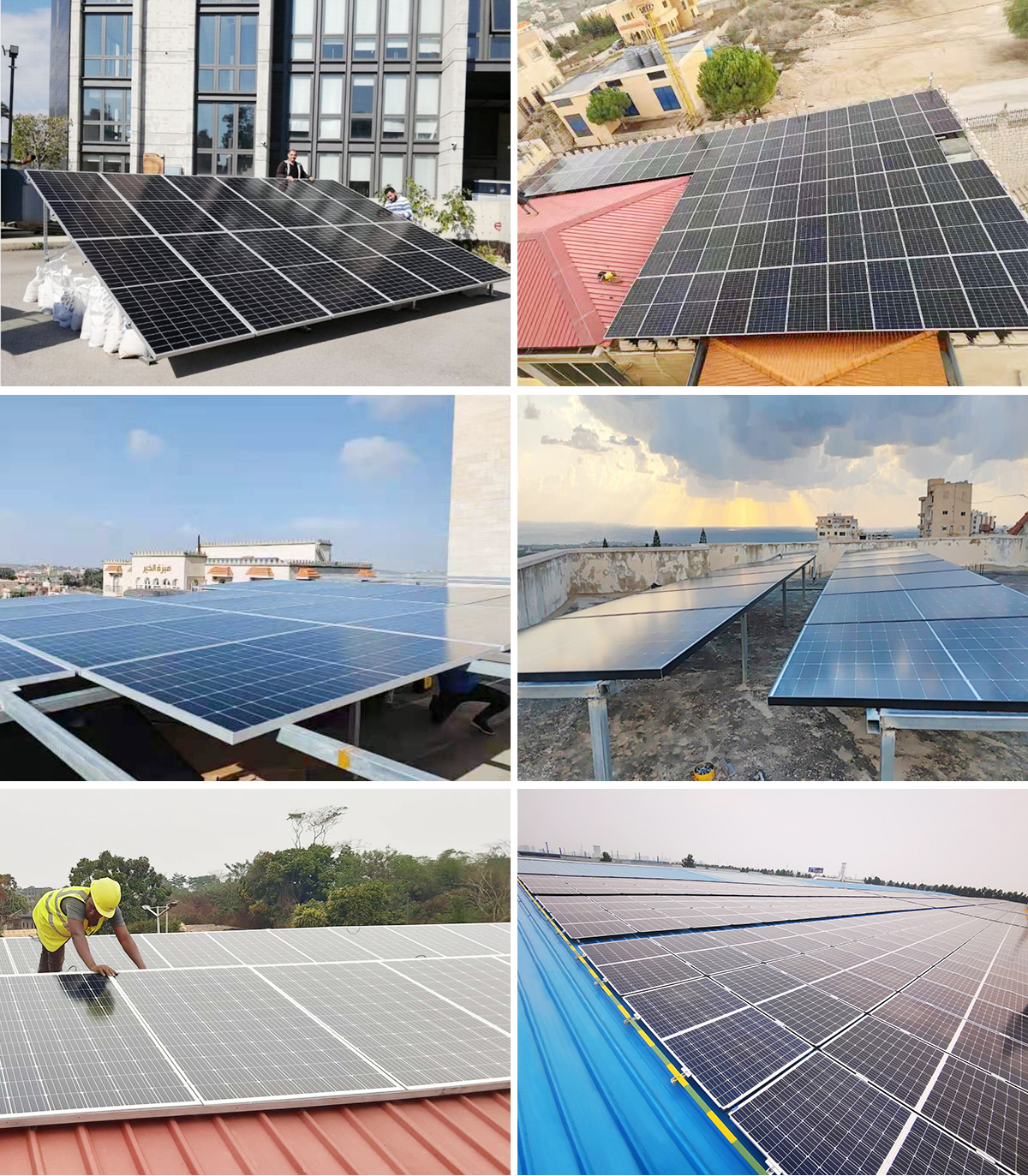
Pictures of Packing & Loading
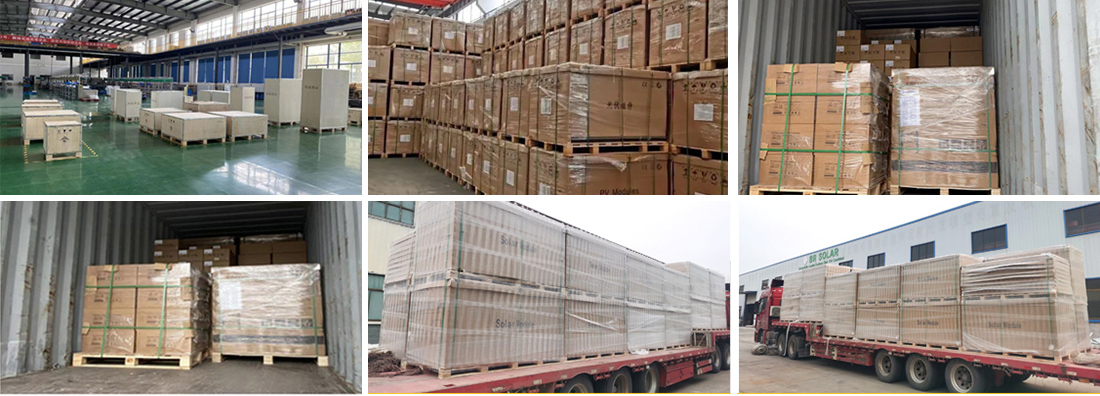
Certificates

Conveniently Contacting
Attn: Mr Frank Liang Mob./WhatsApp/Wechat:+86-13937319271 Mail: [email protected]

Boss' Whatsapp

Boss' Wechat


